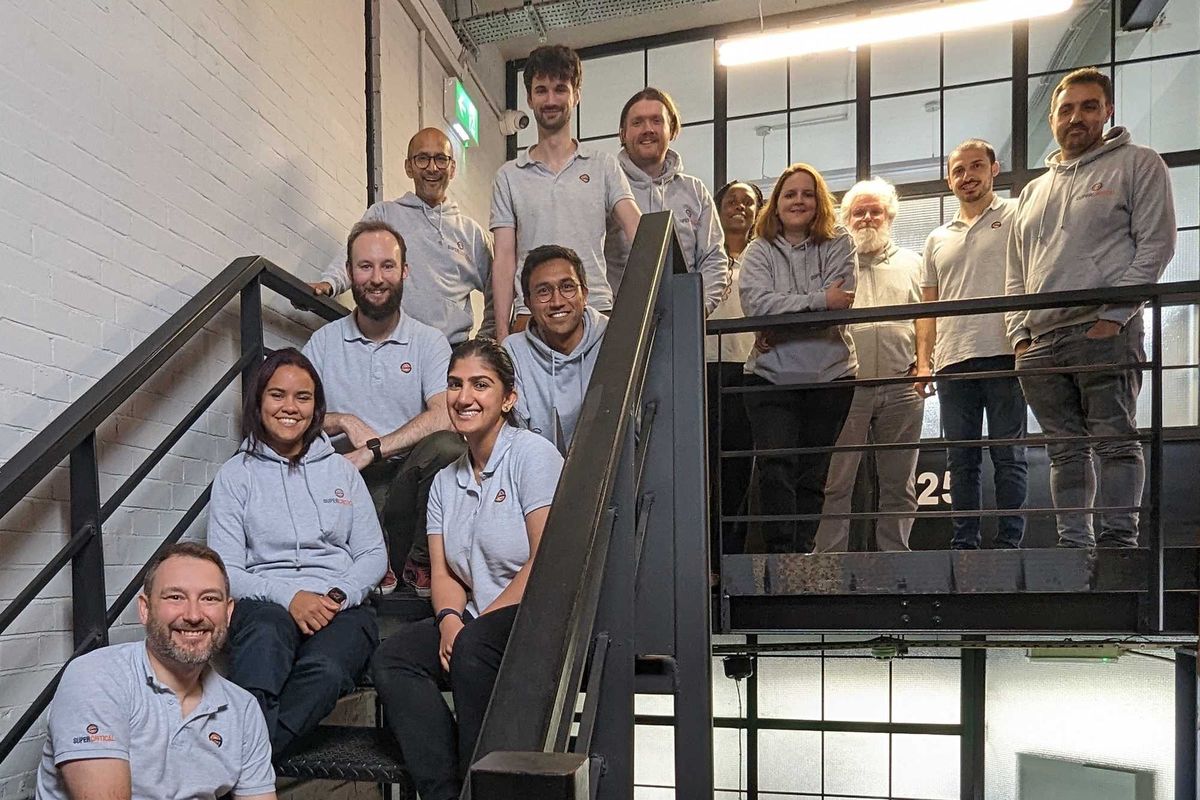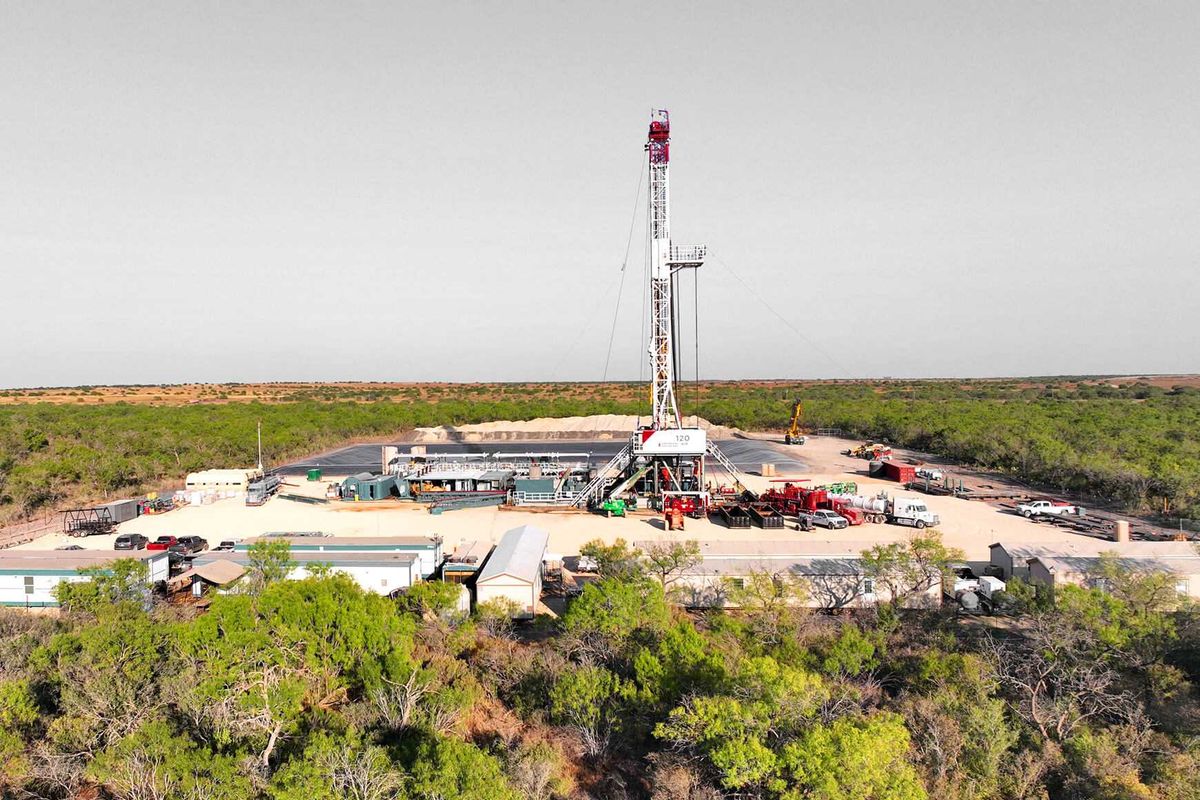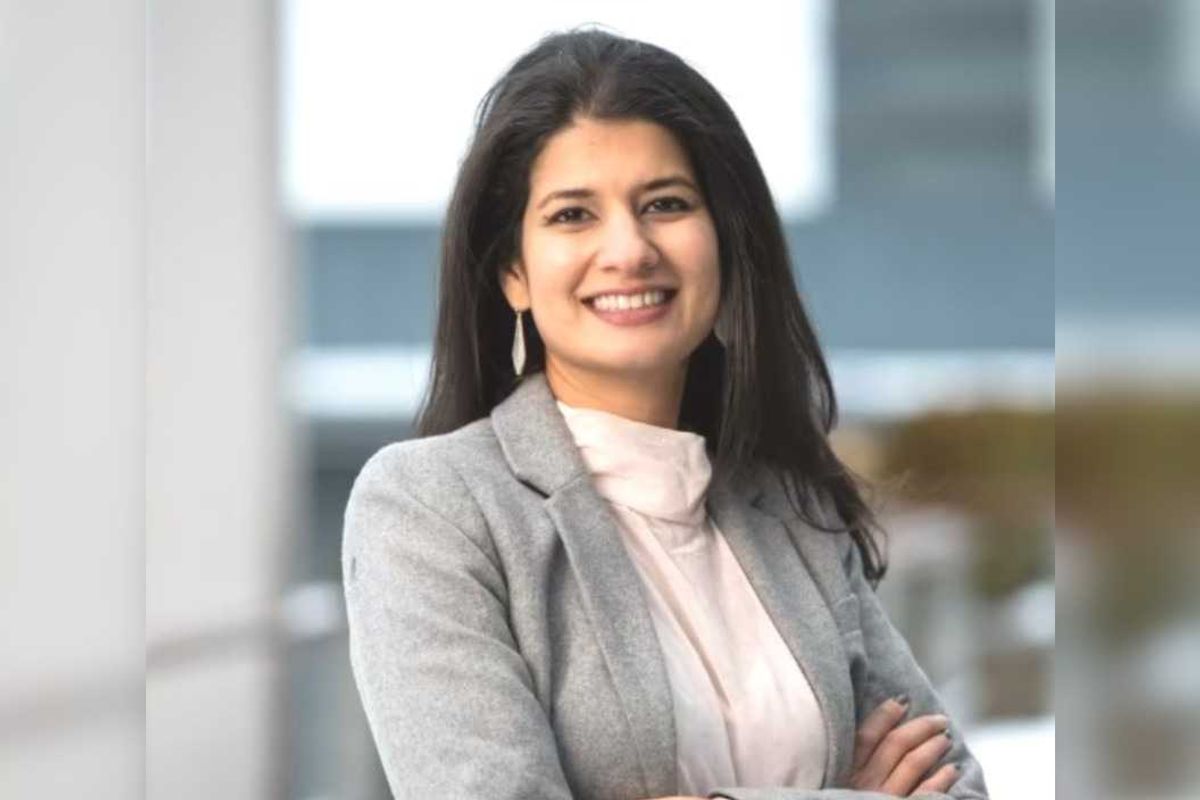Tesla attorneys ask judge to vacate decision invalidating massive pay package for Elon Musk
a request
Attorneys for Elon Musk and Tesla’s corporate directors are asking a Delaware judge to vacate her ruling requiring the company to rescind a massive and unprecedented pay package for Musk.
Friday's hearing follows a January ruling in which Chancellor Kathaleen St. Jude McCormick concluded that Musk engineered the landmark 2018 pay package in sham negotiations with directors who were not independent. The compensation package initially carried a potential maximum value of about $56 billion, but that sum has fluctuated over the years based on Tesla's stock price.
Following the court ruling, Tesla shareholders met in June and ratified Musk’s 2018 pay package for a second time, again by an overwhelming margin.
Defense attorneys say the vote makes clear that Tesla shareholders, with full knowledge of the flaws in the 2018 process that McCormick pointed out in her January ruling, are adamant that Musk is entitled to the pay package.
“Honoring the shoulder vote would affirm the strength of our corporate system,” David Ross, an attorney for Musk and the other individual defendants, told McCormick. “This was stockholder democracy working.”
Ross told the judge that the defendants were not challenging the factual findings or legal conclusions in her ruling, but simply asking that she vacate her order directing Tesla to rescind the pay package.
McCormick, however, seemed skeptical of the defense arguments, peppering attorneys with questions and noting that there is no precedent in Delaware law for allowing a post-trial shareholder vote to ratify adjudicated breaches of fiduciary duty by corporate directors.
“This has never been done before,” she said.
Defense attorneys argued that, while they could find no case that is exactly comparable, Delaware law has long recognized shareholder ratification as a cure to corporate governance errors, and has long acknowledged the “sovereignty” of shareholders as the ultimate owners of a corporation.
“I candidly don’t see how Delaware law can tell the owners of the company that they’re not entitled to make the decision they made,” said Rudolf Koch, an attorney for Tesla.
Donald Verrilli, a lawyer for an induvial stockholder who owns more than 19,000 Tesla shares, suggested that it would be wrong for the lone shareholder who filed the lawsuit to thwart the will of the majority of Tesla shareholders. At the time the lawsuit was filed, the plaintiff owned just nine shares of Tesla stock.
“The voice of the majority of shareholders should matter…. This lawsuit is not representing the interest of the shareholders," Verrilli said.
Thomas Grady, an attorney for a group of Florida objectors who own or manage almost 8 million Tesla shares with some $2 billion, argued that for McCormick to rule for the plaintiff, she has to “disenfranchise” all other Tesla shareholders.
Greg Varallo, an attorney for the plaintiff, urged McCormick not to give any credence to the June shareholder vote, saying it has no legal precedent in Delaware or anywhere else. There also is no reason for the court to reopen the trial record and admit new evidence, he said.
Under Delaware law, stockholders have no authority to overrule courts by trying to use a post-trial ratification vote as a “giant eraser,” Varallo argued.
“Ratification is not magic, and it never has been,” Varallo added. “This should end here and now.”
McCormick gave no indication on when she would rule. She also has yet to rule on a huge and unprecedented fee request by plaintiff attorneys, who contend that they are entitled to legal fees in the form of Tesla stock valued at more than $7 billion.
- Tesla wants shareholders to vote for $56B Musk pay package, Texas HQ move ›
- Tesla shareholders ask investors to vote against Musk's compensation package ›
- Future of Elon Musk, Tesla on the line this week as shareholders vote on massive pay package ›
- Elon Musk gets green light from shareholders to get back $44.9B Tesla pay package ›
- How Elon Musk's $44.9B Tesla pay package compares with the most generous plans for other U.S. CEOs ›
- Elon Musk sees more resistance against his multibillion dollar pay package ›
- Texas-based Tesla posts first quarterly increase in deliveries, but shares slump - Energy Capital ›
- US safety agency pressures Texas-based Tesla over full self-driving claims, crash concerns - Energy Capital ›










